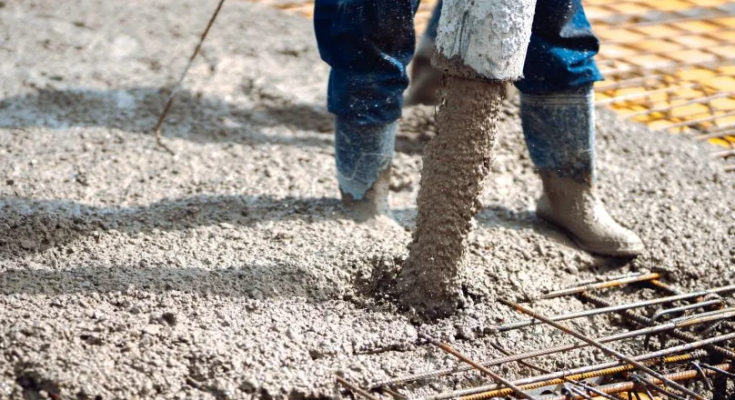Residential excavation is a critical phase in any construction or renovation project, laying the groundwork for a safe and stable home. As a homeowner, understanding the basics of excavation can help you make informed decisions about your project, ensuring that the site is properly prepared for further development. This guide will explore the essential elements of residential excavation, including the significance of concrete pumping and best practices for managing your excavation project.
What is Residential Excavation?
Residential excavation involves the removal of soil and rock from a site to prepare it for construction activities. This process is essential for various projects, including building foundations, installing basements, landscaping, and drainage systems. Effective excavation helps create a level surface, ensuring proper water drainage and stability for structures.
The Importance of Site Preparation
Site preparation is not just about digging; it encompasses several critical tasks that contribute to the overall success of a residential Excavation project. Proper site preparation includes:
- Clearing Vegetation:Removing trees, shrubs, and debris is vital to prevent future complications during construction.
- Soil Testing:Conducting soil tests helps determine the type and stability of the soil, allowing for appropriate engineering solutions.
- Establishing Site Access:Creating access points for heavy machinery ensures that the excavation can proceed smoothly and efficiently.
By addressing these elements, homeowners can mitigate risks and enhance the durability of their construction projects.
Choosing the Right Excavation Contractor
Selecting a qualified excavation contractor is crucial for the success of your project. Here are some key factors to consider:
- Experience and Reputation:Look for contractors with a proven track record in residential excavation. Reading reviews and asking for references can help gauge their reliability.
- Licensing and Insurance:Ensure that your contractor is properly licensed and insured to protect yourself from potential liabilities during the excavation process.
- Equipment and Techniques:A professional contractor should possess modern equipment and employ the latest techniques, including efficient concrete pumping methods for delivering concrete to hard-to-reach areas.
Understanding Concrete Pumping
Concrete pumping is often an integral part of residential excavation projects, especially when it comes to pouring foundations or constructing retaining walls. This method uses a specialized pump to transfer liquid concrete from a mixer to the desired location. There are several advantages to concrete pumping:
- Precision:Pumps can deliver concrete to specific areas without the need for excessive manual handling, ensuring that the concrete is placed exactly where it is needed.
- Efficiency:Using concrete pumps can significantly speed up the pouring process, reducing labor costs and minimizing project timelines.
- Accessibility:Concrete pumping allows for the placement of concrete in challenging areas, such as steep slopes or tight spaces, where traditional pouring methods may be impractical.
By integrating concrete pumping into your residential excavation project, you can enhance the overall efficiency and effectiveness of the construction process.
Managing Your Residential Excavation Project
Effective project management is essential to keep your excavation on track. Here are some best practices to consider:
1. Establish a Clear Timeline
Develop a comprehensive timeline that outlines each phase of the excavation project. This should include milestones for clearing the site, excavation depth, concrete pouring, and other critical tasks. Regularly review this timeline to ensure the project stays on schedule.
2. Communicate Regularly with Your Contractor
Maintain open lines of communication with your excavation contractor. Regular updates can help you stay informed about any challenges or changes in the project. Addressing issues early can prevent delays and additional costs.
3. Budget for Contingencies
Excavation projects can encounter unexpected challenges, such as discovering underground utilities or dealing with unfavorable soil conditions. Allocate a portion of your budget for contingencies to manage these unforeseen issues without derailing your project.
4. Ensure Safety Measures Are in Place
Safety is paramount during excavation projects. Ensure that your contractor adheres to safety protocols, including proper equipment usage and site monitoring. This will help protect workers and minimize the risk of accidents.
Conclusion
Understanding the fundamentals of residential excavation empowers homeowners to make informed decisions and manage their projects effectively. From selecting a qualified contractor to recognizing the importance of concrete pumping, being proactive in your approach can lead to a successful excavation process. By prioritizing site preparation and employing best practices, you can create a solid foundation for your home, setting the stage for a successful construction project.



